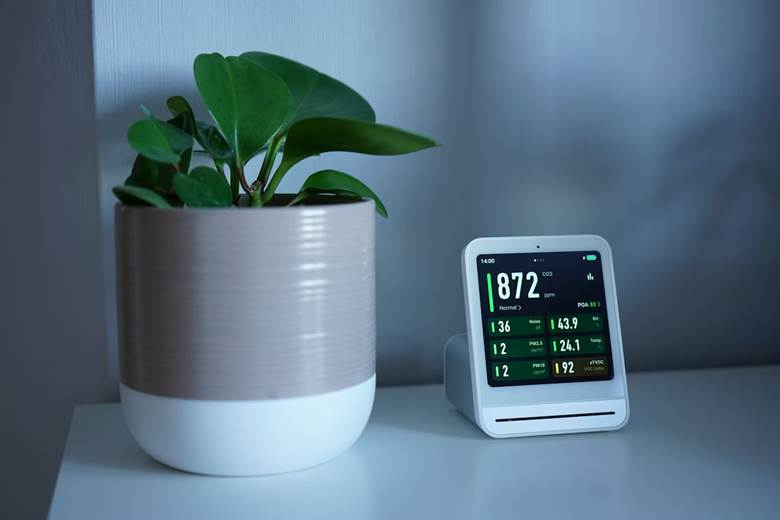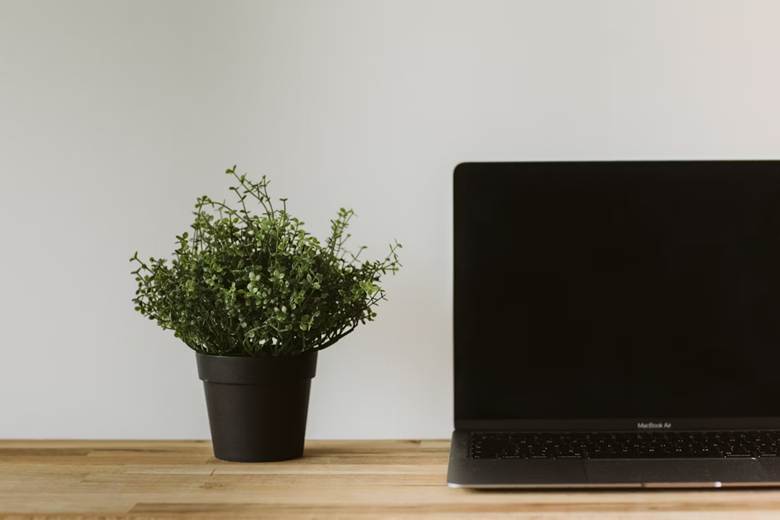
Many property owners underestimate the impact of a simple air filter. While it seems like a small component, its condition influences health, comfort, and even finances. Ignoring regular replacement may appear harmless, but the consequences extend into areas that affect long-term well-being and property value. Understanding these hidden costs highlights why consistent care makes such a difference.
Reduced Air Quality and Health Risks
The first cost of neglecting air filters appears in the air you breathe. Filters trap dust, pollen, pet dander, and other pollutants. When clogged, they no longer capture harmful particles effectively. Instead, these contaminants circulate throughout living or working spaces, creating respiratory issues and discomfort.
Individuals with asthma, allergies, or other sensitivities experience worsened symptoms in environments with poor air quality. Even those without preexisting conditions may develop headaches, fatigue, or throat irritation. Families, tenants, and employees all depend on clean indoor air, making filter maintenance a responsibility with direct health consequences.
Increased Energy Consumption
Clogged filters restrict airflow, forcing heating and cooling systems to work harder. Restricted airflow increases energy use, which directly raises monthly utility bills. While the cost may appear small at first, it accumulates quickly and places a strain on household or business budgets.
The U.S. Department of Energy has reported that replacing a dirty filter with a clean one can lower energy use by 5 to 15 percent. This statistic highlights how a small act of maintenance yields significant savings. By simply ensuring free airflow, property owners protect efficiency and reduce unnecessary expenses.
The Role of Professional Guidance
While homeowners may handle filter changes independently, larger properties and businesses often benefit from professional input. Experts help select the correct filter type and schedule maintenance that aligns with usage levels. They also identify related issues within HVAC systems that stem from neglect.
Seeking advice ensures that maintenance routines align with specific property needs. Many providers emphasize the importance of changing your air filter as a first step toward protecting both equipment and health. Regular professional care complements this effort by ensuring systems operate at peak efficiency. Skilled technicians help property owners save money, reduce stress, and extend equipment lifespan.
Greater Strain on HVAC Equipment
When air cannot pass freely, HVAC systems endure added stress. Motors, fans, and other parts must compensate for the blockage. The result is premature wear and tear, leading to costly repairs and shortened equipment lifespan.
Systems designed to last fifteen years may need replacement much sooner when neglected. Frequent breakdowns disrupt comfort and require unplanned spending. A proactive approach to filter maintenance helps preserve the equipment’s intended life cycle and ensures smoother performance throughout the year.
Higher Maintenance and Repair Costs
Neglect often leads to more frequent service calls. Technicians must address breakdowns that could have been prevented with regular filter changes. Dirty filters allow debris to build up inside ducts and coils, leading to expensive cleaning and repair projects.
The cost of scheduled maintenance pales in comparison to emergency repairs. Replacing a filter takes minutes and costs little, while repairing a failed compressor or motor may cost thousands. Choosing regular upkeep creates stability and prevents surprise expenses.
Poor Temperature Regulation
Comfort depends on consistent airflow. Clogged filters reduce efficiency, leading to uneven temperatures throughout the property. Some rooms may feel too warm, while others remain uncomfortably cold. Occupants experience frustration as they struggle to find balance despite rising energy use.
This uneven climate disrupts productivity in workplaces and reduces satisfaction in homes. Families or employees living with inconsistent comfort often resort to adjusting thermostats constantly, further straining systems and wasting energy. A simple filter change restores balance and improves daily life.
Damage to Property and Furnishings
Air filters protect more than lungs and HVAC systems. They also prevent dust and debris from settling across furniture, electronics, and décor. A neglected filter allows contaminants to accumulate, which can damage surfaces, clog vents, and increase cleaning demands.
Moisture buildup caused by poor airflow may also encourage mold growth inside ducts and walls. Mold not only damages property but also creates health risks that require costly remediation. Protecting furnishings and structural integrity begins with maintaining air filtration consistently.
The Cost of Tenant and Employee Dissatisfaction
For landlords and business owners, poor indoor air quality translates into dissatisfaction among tenants or employees. Uncomfortable working or living conditions reduce retention, productivity, and reputation. Tenants may seek better-managed properties, while employees may experience lower morale and increased absenteeism.
Businesses that ignore maintenance risk lose competitive advantages. A comfortable environment encourages loyalty, while a neglected one drives people away. The hidden financial cost of losing talent or tenants far outweighs the effort of simple filter maintenance.
Missed Opportunities for Sustainability
Sustainability efforts focus on reducing waste and conserving energy. Ignoring filter changes undermines these goals. Energy waste from clogged systems increases carbon footprints unnecessarily. Systems that fail early contribute to landfill waste and require replacement production, which consumes more resources.
Consistent filter maintenance supports sustainability by improving efficiency and reducing waste. Businesses that prioritize sustainability benefit from better reputations, while homeowners take pride in reducing their environmental impact. Maintenance becomes part of a broader commitment to responsible living.
Long-Term Financial Implications
The combined effects of higher energy bills, frequent repairs, and premature system replacement add up quickly. Property owners who ignore filters face compounding costs that strain budgets over the years. A system running inefficiently drains resources month after month, while repeated service calls create stress and instability.
On the other hand, a property with well-maintained filters enjoys financial stability. Owners redirect saved money toward upgrades, improvements, or other investments. Thinking about air filter changes as a financial strategy reframes them from a minor chore into a smart business decision.

Neglecting air filters creates a ripple effect of hidden costs that affect health, comfort, equipment, and finances. Poor air quality leads to respiratory problems, while increased energy use raises utility bills. Equipment endures unnecessary strain, leading to expensive repairs and shorter lifespans. Tenants, employees, and families suffer from discomfort, dissatisfaction, and avoidable risks. By making air filter changes a routine priority, property owners protect their investments, improve daily life, and avoid the compounding costs of neglect.









